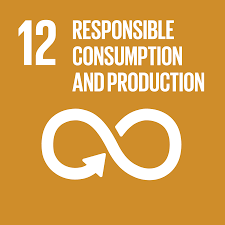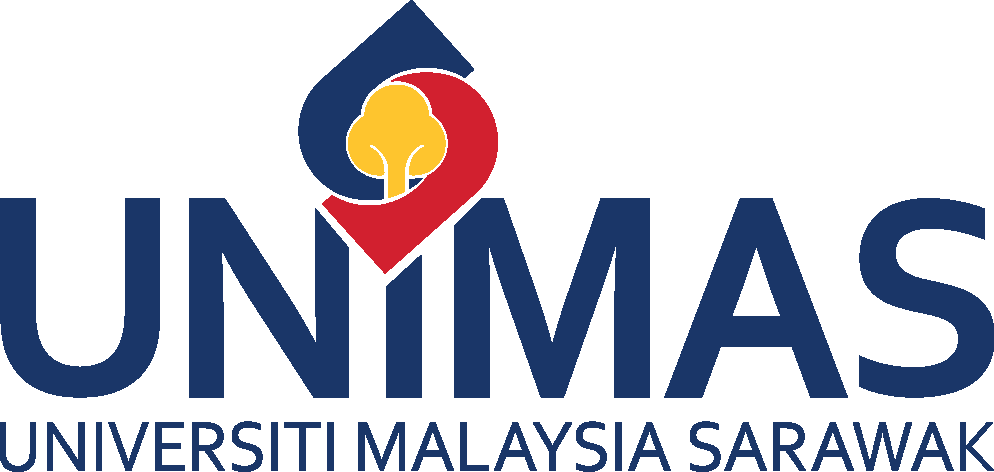
RESPONSIBLE CONSUMPTION AND PRODUCTION
Ensuring these policies extend to outsourced suppliers and the supply chain - (suppliers of equipment, stationary, building contracts)?
No. | Description | Evidence | ||||||||||||
|---|---|---|---|---|---|---|---|---|---|---|---|---|---|---|
1. | This comprehensive effort to manage the supply chain and outsourced services is a direct and actionable part of the UNIMAS Low Carbon Campus Roadmap 2030. Specifically, the plan to evaluate the carbon footprint resulting from supplier and caterer movements is listed under the Roadmap's Strategic Pillar 3: Circular Economy and Waste Management. By extending accountability to these external partners and implementing the zero single-use plastics policy, UNIMAS ensures that its core environmental principles—minimisation, waste reduction, and responsible procurement—are enforced throughout its value chain. This strategy is critical to achieving the Roadmap's ambitious targets of a 40% reduction in waste generation and a substantial reduction in Scope 3 greenhouse gas emissions, positioning the university as a leader in integrated sustainability practices. | |||||||||||||
2. | UNIMAS is committed to integrated waste and resource management, which involves establishing a designated on-campus facility and prioritizing efficiency. The university will leverage educational platforms like the 'Sustainability on Wheels' program and the 'Green Galleria Café' to promote the adoption of the full 9R strategies—refuse, rethink, reduce, reuse, repair, refurbish, remanufacture, repurpose, recycle, and recover—to effectively create value from its waste stream. To ensure accountability, UNIMAS will measure waste, energy consumption, and water usage in nine campus cafés, evaluate the carbon footprint of catering logistics, and implement a policy to eliminate all single-use plastics. | |||||||||||||


